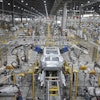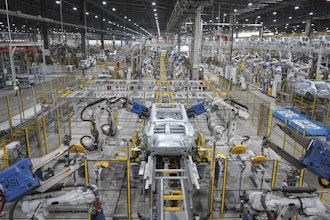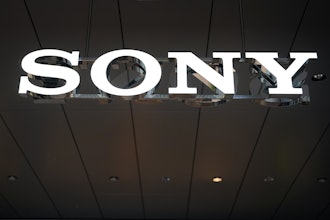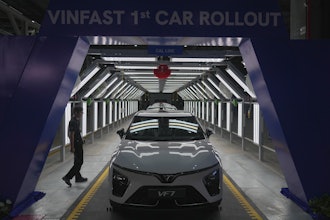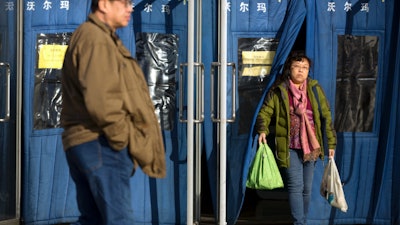
U.S. companies in China are seeing their sales improve but are frustrated by policies and regulatory barriers that block better access to the country's lucrative market, according to a survey released Wednesday.
The U.S.-China Business Council's survey showed most companies are enjoying better profitability and expecting higher revenues for their China operations as the economy revives.
But restricted market access and uncertainty over Beijing's policies toward foreign companies have left them less optimistic about the business climate than in recent years.
The council represents 200 U.S. companies doing business with China. Results from the annual survey were based on responses from more than half its members.
Challenges include fierce competition from Chinese rivals, demands for technology transfers and strict cyber regulations.
"Most of the regulatory challenges that companies face each day did not see improvement this year," President John Frisbie said. "The stagnation in implementation of needed economic reforms is undermining confidence among American companies that their concerns will be addressed."
Chinese competition is a perennial concern, with companies saying their domestic competitors, both state-owned and private, are benefiting from preferential government financing, approvals and access to government contracts. That's led some firms to reduce or halt their investment plans.
Other issues have gained in urgency given recent tensions between the U.S. and China over Beijing's efforts to acquire foreign technological know-how and control the internet.
One in five companies reported being asked to transfer their technology to China. The council said it is an "acute problem" for companies that receive such requests, often from their Chinese partners rather than government entities.
The requests are sometimes part of normal commercial negotiations, but "in many cases the hand of the Chinese government is behind these requests," the report said. Half of companies who received such requests said they were unacceptable but they still had to transfer some technology.
Tech transfers have caught the attention of U.S. President Donald Trump, who has accused China of abusive practices. In August, he ordered his trade office to launch an investigation of possible Chinese theft of U.S. technology and intellectual property.
Four out of five companies surveyed said they were somewhat or very concerned about the impact on business operations of cyber and data regulations, including restrictions on the internet and on use of virtual private networks that let users get around the Chinese government's filters.
Most internet users in China are prevented from accessing many overseas sites by the filters, known as the "Great Firewall." It is a bulwark in the vision of a censored internet promoted at a conference this week in eastern China that drew many high-profile figures from the tech world, including top executives of Apple, Google and other Silicon Valley companies.

